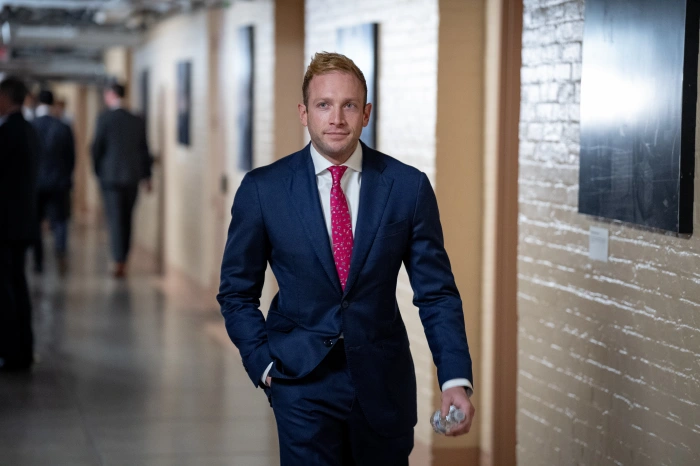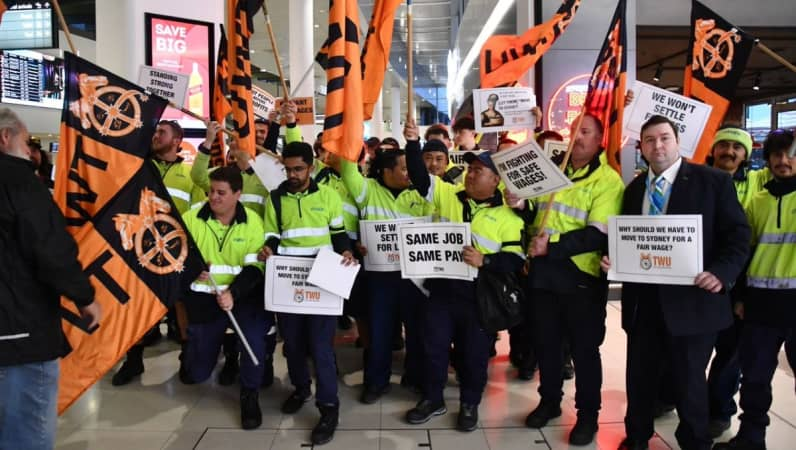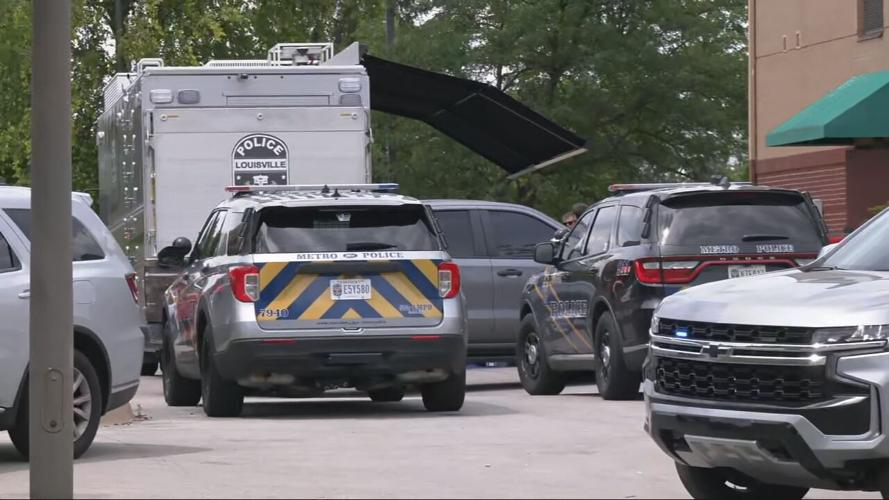The seemingly peaceful halls of the United States Capitol complex were recently disrupted when Capitol Police arrested a man accused of threatening Republican Representative Max Miller. The incident, which unfolded swiftly and dramatically, highlights the escalating tensions and security concerns surrounding members of Congress in today’s increasingly polarized political climate. While details regarding the exact nature of the threats remain limited, the arrest serves as a stark reminder of the vulnerabilities faced by elected officials and the critical role law enforcement plays in protecting them.
The Arrest and the Accusations
According to reports, the suspect, whose identity has not yet been publicly released pending further investigation, was apprehended near the Capitol building. The arrest followed a reported incident where the individual allegedly made credible threats against Representative Miller. The specifics of these threats remain unclear, but the seriousness of the situation is underscored by the immediate response from Capitol Police and the subsequent arrest. The swift action demonstrates a zero-tolerance approach to threats against members of Congress, regardless of political affiliation. The Capitol Police have a responsibility to ensure the safety and security of all those working within the Capitol complex, a responsibility they took seriously in this case.
While details are still emerging, the incident raises important questions about the effectiveness of current security measures surrounding members of Congress. The arrest suggests that existing protocols, while seemingly effective in this instance, may require further scrutiny and improvements to ensure the ongoing safety and well-being of all lawmakers.
The Security Concerns Surrounding Members of Congress
The arrest of a man threatening Representative Miller is not an isolated incident. Over the past several years, there has been a marked increase in threats and acts of violence directed towards members of Congress from both sides of the political spectrum. This surge is often attributed to the increasingly toxic and divisive political rhetoric permeating public discourse. The constant barrage of inflammatory language, often amplified by social media and partisan news outlets, creates an environment conducive to radicalization and violence.
Several factors contribute to heightened security concerns:
- Increased Political Polarization: Deep ideological divisions in American politics have fueled intense animosity and distrust between opposing factions. This polarization fosters an environment where threats and violence are more easily normalized and even excused.
- The Role of Social Media: Social media platforms, while offering avenues for communication and engagement, also serve as breeding grounds for hate speech, misinformation, and conspiracy theories. These platforms can radicalize individuals and provide a sense of community, potentially encouraging actions like the threat against Representative Miller.
- Accessibility to Elected Officials: The relative ease with which individuals can contact their elected officials, combined with sometimes strained relationships between lawmakers and their constituents, can lead to heightened confrontations and potentially dangerous encounters.
- Lack of Empathy and Dehumanization: The increasingly prevalent practice of dehumanizing political opponents fosters an atmosphere where violence and threats are more easily contemplated. When political opponents are portrayed as enemies rather than fellow citizens, violence becomes more justifiable in the minds of some.
The Importance of Protecting Elected Officials
The safety and security of members of Congress are paramount to the functioning of a healthy democracy. Elected officials need to feel safe to perform their duties without fear of harassment, intimidation, or violence. If lawmakers constantly live under the threat of attack, it undermines their ability to represent their constituents effectively and engage in the robust debate crucial to a representative democracy. The ability of lawmakers to engage freely and openly in the legislative process is essential to the health of the nation, and that requires a safe and secure environment.
Moving Forward: Addressing the Root Causes
While increased security measures around members of Congress are necessary, addressing the root causes of these threats is equally crucial. This requires a multi-pronged approach:
- Promoting Civil Discourse: Leaders from across the political spectrum need to actively promote respectful dialogue and civil discourse. This includes unequivocally condemning violence and threats and modeling constructive engagement in their public interactions.
- Combating Misinformation and Hate Speech: Social media companies and other platforms must take a more proactive role in combating the spread of misinformation and hate speech. This requires improved content moderation policies and increased transparency about their efforts.
- Improving Mental Health Resources: Increased access to mental health resources is essential to address underlying issues that may contribute to violence and threats. Early intervention and support can help prevent radicalization and ensure individuals receive the help they need.
- Strengthening Security Protocols: While addressing root causes is crucial, enhancements to security measures remain vital. This may include improved screening procedures, increased Capitol Police presence, and enhanced technology for threat detection.
Conclusion
The arrest of a man threatening Representative Max Miller serves as a stark reminder of the urgent need to address escalating security concerns surrounding members of Congress. While increased security measures are necessary, a more comprehensive approach is required—one that addresses the underlying causes of political polarization, misinformation, and the normalization of violence in political discourse. Only through a combined effort focused on both security and social reform can we ensure a safe and productive environment for our elected officials to serve the American people.










